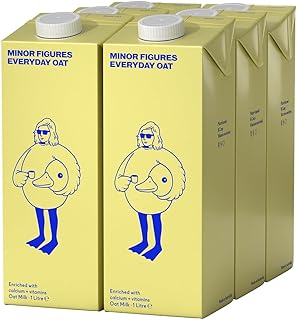The Japan dairy alternatives market has been experiencing significant growth, with the market size estimated at USD 1.94 billion in 2024 and projected to reach USD 5.43 billion by 2030, driven by factors such as increasing health consciousness, lactose intolerance rates, and environmental awareness among consumers. The market is witnessing a shift towards non-dairy substitutes like soy, almond, and oat-based products, reflecting a growing demand for healthier and environmentally friendly options compared to traditional dairy products.
Among the various sources of dairy alternatives, the soy segment held the highest market share in 2024, while the almond segment is expected to grow at the fastest CAGR from 2025 to 2033. Consumers are increasingly seeking low-fat, low-cholesterol options that align with their health goals, with plant-based dairy alternatives offering nutritional benefits and a lower environmental impact. In Japan, the adoption of plant-based products is driven by health awareness, environmental concerns, and changing lifestyle preferences.
Japanese consumers, particularly health-conscious individuals and those with dietary sensitivities like lactose intolerance, are gravitating towards plant-based beverages such as soy, almond, and oat milk. These alternatives are perceived as healthier, more digestible, and nutritionally appealing, catering to the evolving preferences of urban residents and younger generations adopting flexitarian or vegan lifestyles. Companies like Yakult Honsha Co., Ltd. are introducing innovative soy milk products designed to enhance taste and promote health benefits, catering to the growing demand for plant-based options.
The soy segment remains dominant in the Japanese dairy alternative market, accounting for a significant market share in 2024, with products available in a variety of flavors and formats. Almond-based dairy alternatives are gaining popularity, driven by the wellness trend and the desire for low-calorie, cholesterol-free options. Companies like KAGOME CO., Ltd. are partnering with international brands to introduce almond milk products to the Japanese market, aligning with consumer preferences for clean-label and nutritious alternatives.
In terms of products, milk alternatives led the market in 2024, offering convenience, versatility, and health benefits that resonate with urban, health-conscious consumers. The ice cream segment is expected to witness rapid growth, fueled by increasing demand for indulgent yet health-conscious options made from plant-based ingredients. Companies like Morinaga & Co., Ltd. are introducing innovative rice-based plant milk ice creams to cater to consumers seeking dairy-free frozen treats that align with their dietary preferences.
Supermarkets and hypermarkets play a crucial role in driving the adoption of dairy alternatives in Japan, offering consumers a wide range of plant-based options and promoting awareness through clear labeling and promotional activities. Online retail channels are also expected to experience significant growth, reflecting shifting consumer behavior towards digital convenience and health-conscious choices. Companies like FamilyMart Co., Ltd. are expanding their plant-based product lines to cater to the increasing demand for environmentally friendly and animal-free options.
Key players in the Japanese dairy alternatives market include Kikkoman Corporation, Yakult Honsha, and Hain Celestial, among others, who are continually innovating to meet the evolving consumer preferences for plant-based products. With the market poised for continued growth and innovation, the dairy alternatives industry in Japan is set to witness further expansion and diversification in the coming years.
📰 Related Articles
- Plant-Based Milk Market Innovations Reshape Dairy Industry Landscape
- Dairy-Free Milk Options: High-Protein Plant-Based Alternatives Gain Popularity
- Dairy Milk Sales Surge, Plant-Based Alternatives Decline
- Dairy Alternatives Market Surges, Challenging Traditional Dairy Products
- Comparing Health Benefits of Dairy and Plant-Based Milk Options






